The combination of education and experience is unbeatable. That's why university students or recent graduates apply for a special program allowing them to learn how Army civilians succeed in today's workforce at Rock Island Arsensal, Ill.
The contract internship is sponsored by Army Sustainment Command and Joint Munitions Command Minority College Relations Program. At Rock Island Arsenal, there are two internships conducted annually which are 10 and 15 weeks in length. The program allows students to learn and produce at a professional level within the ASC and JMC headquarters.
The Army partners with Historically Black Colleges and Universities, Hispanic Serving Institutions, and Tribal Colleges nationwide to give students an opportunity to work side-by-side with Army civilians on a variety of missions.
"They get a chance to see how the government operates. They get a chance to look at the government from behind the curtain ... from behind the scenes and then go back and relate that to their training, their school, or university they're attending," said Rickey Peer, Joint Munitions Command co-chairman for the MCRP at RIA.
The other co-chairman is Dr. Richard Jayne of ASC.
The ASC/JMC MCRP mission is to develop collaborative programs within the commands, allowing minority institutions to participate in federal programs and enhancing the future readiness of each through these partnerships. Likewise, the MCRP vision statement calls for expanding mutually beneficial partnering opportunities between the Army and minority educational institutions.
Historically, the Army may not be the most popular institution on a typical college campus. Despite successful ROTC programs, many students normally don't think of the Army as a civilian career.
"Many of the students look at the Army as being Soldiers out fighting," Peer said. "Anytime you say 'Army,' they shy away. But here, they're seeing the civilian support that makes the Army run."
The internships enhance the federal government's future readiness with about 25 percent of the interns since 2007 becoming permanent employees after graduation.
Students' majors run the gamut from engineering, business, speech communications, and psychology to computer science. Likewise, they're interning in areas such as safety, history, public affairs, command assessment and continuous improvement, munitions, human resources and resource management.
Interns receive housing and transportation along with a salary.
As some students discovered, interning is one thing, but with the Army, that's a whole new experience.
"I learned there are a lot of things that go into just the warfighter in general," said Autumn Martin, a graduate of Alabama A&M University in Hunstville. "Keeping them safe, getting them things they need in a timely manner, making sure they have everything they need and [that] their families are taken care of."
Another student said he found the pace different based on his previous employment.
"It's a more relaxed environment. It's laid back," said Marcus Lanier, a graduate of North Carolina A&T in Greensboro. "You don't have people all over your back as long as you get your work done," he said.
The internship, he said, places him "one step ahead" of other recent graduates looking for employment.
But even in the Army's civilian world, the adage of "hurry up and wait" still applies as one intern found out.
"I've learned that everything takes its time," said Perla Gomez, a graduate of the New Mexico State University in Las Cruces. "There's a process to get things done, approvals from everybody. It's just a matter waiting for everything."
And, what about expectations'
"I wanted to get experience," said Roxanne Rivas, graduate of University of Texas-El Paso. "Something to help me with my resume ... To give me a different facet, working for the federal government."
Despite a college education and internship, Rivas said the future is still in the air. "I'm still debating if I want to go to graduate school or not."
deola Odutola, a student with Alabama A&M University, also said he believes the internship will enhance his resume.
"Something to put on my resume. Maybe a career field if I pursue working for the federal government. [There are] many things this program has helped me out with."
Getting down to brass tacks, it's getting employed, said Lequita Barfield, a graduate of Mississippi Valley State University in Itta Bena.
"Hopefully a job, a career," she said. "It would actually be a great career start for me."
Basic student requirements mandate interns are either attending or are recent graduates from minority institutions.
Unlike some internship programs that cull students locally, the MCRP interns come from all across the United States.
"We have students that have placed from, I believe, a half of dozen states. It's not just Illinois, even though the commands are located here," said Peer. "We pull students and place them across the country. So it's a great program, an excellent opportunity to bring in some quality skill sets from academia and [serves as] an excellent outreach program for the Army. The Army is a big beneficiary," Peer said.
He added that the interns bring new technology and training and innovative business practices which are adopted by the government.
"These students bring in new technology [skills] that we're not privy to," Peer said. "In some cases it takes us weeks to get a process done. They come in and do it in a matter of hours and days."
All interns agreed that the MCRP is a great program and definitely worth sharing with their alma mater classmates.
"Don't even think twice about getting enrolled into this program. It's a great experience," said Veronica Espinoza of the University of Texas-El Paso. "Probably being outside your home is the difficult part," she said.
"But being here, working for the government, you do a lot of networking. It's going to help you in the long and short term. So yeah, get enrolled in the program," Espinoza said.
"I will recommend it to them," said Barfield. "It's a great way to get yourself out there. It's a great job opportunity ... exposure ... get to network, and it's a great career choice."
To learn more about the program and how to enroll for the internship at Rock Island Arsenal, contact Deidre Eaton, MCRP coordinator at 309-782-5204. Or, you can e-mail her at deidre.eaton@us.army.mil
Related Links:
VIDEO: Minority College Recruitment


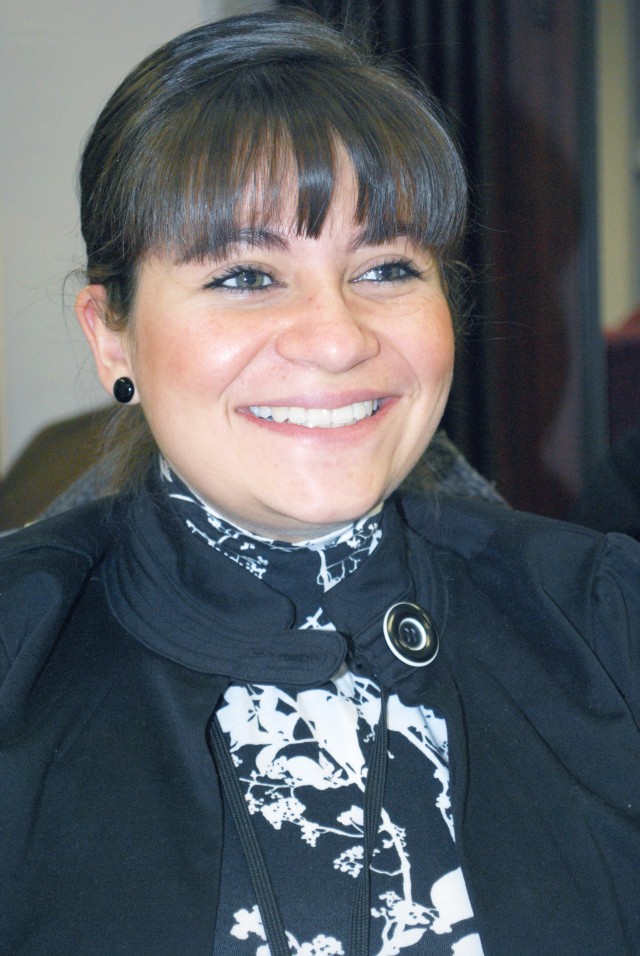




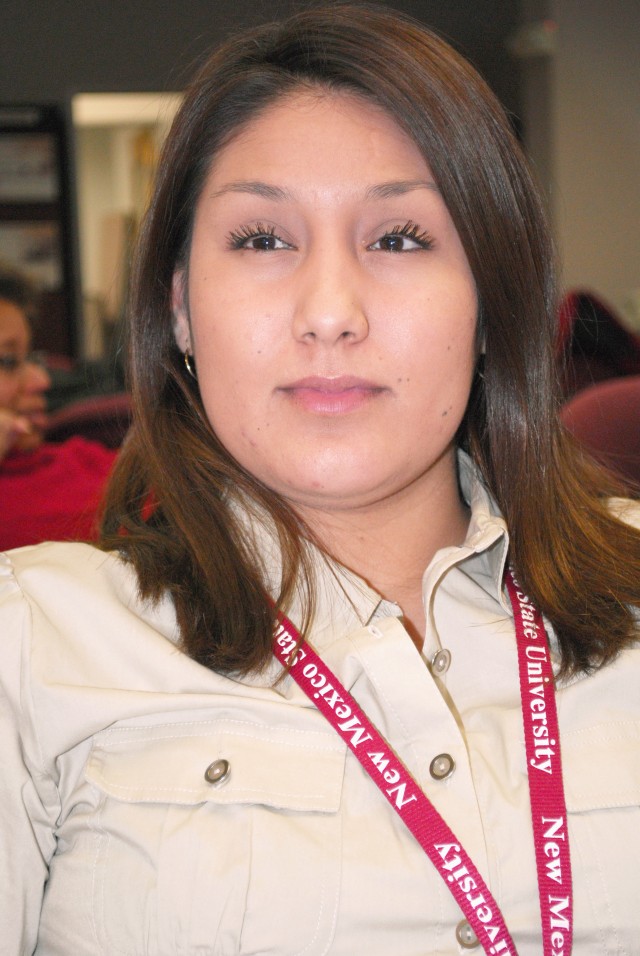


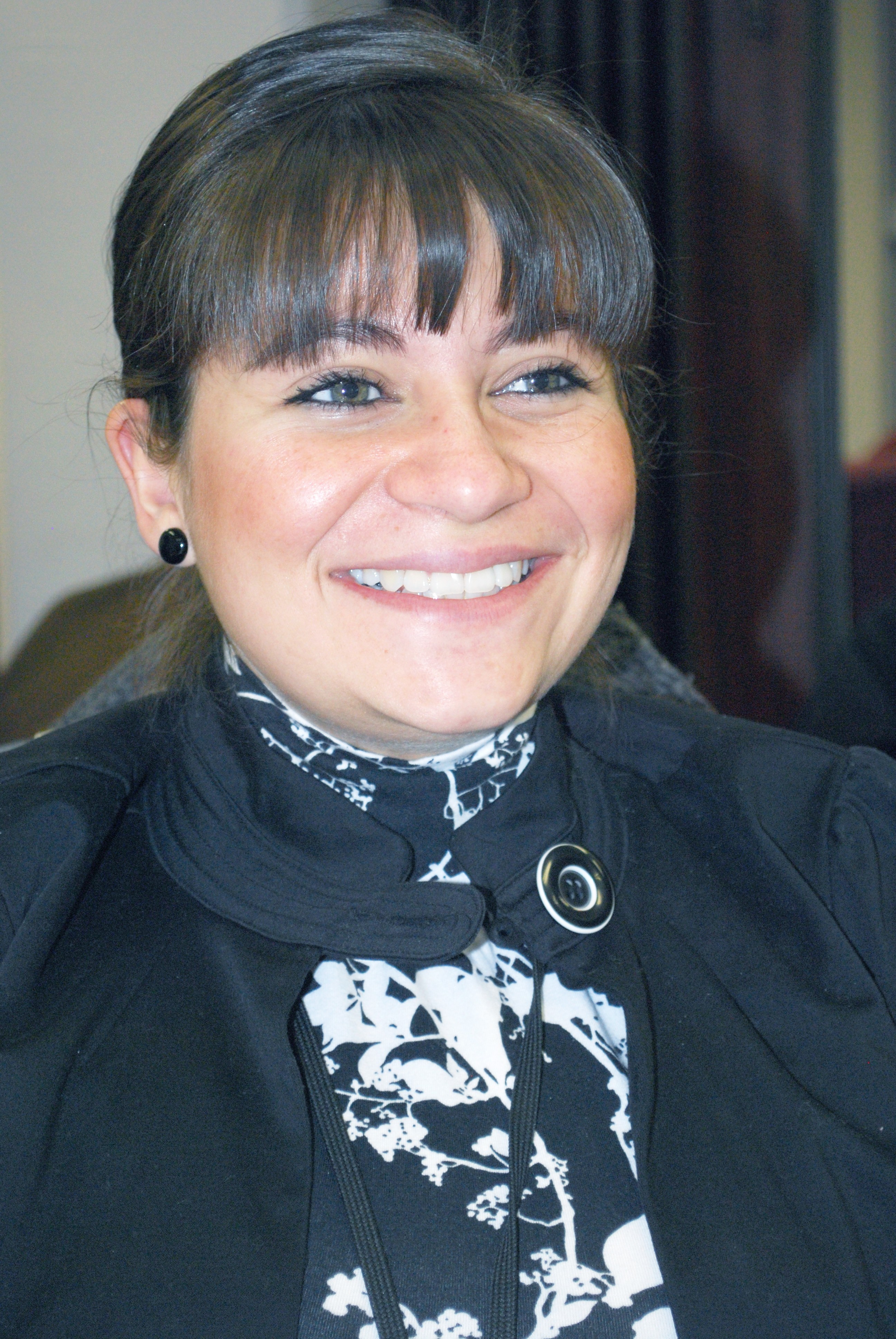


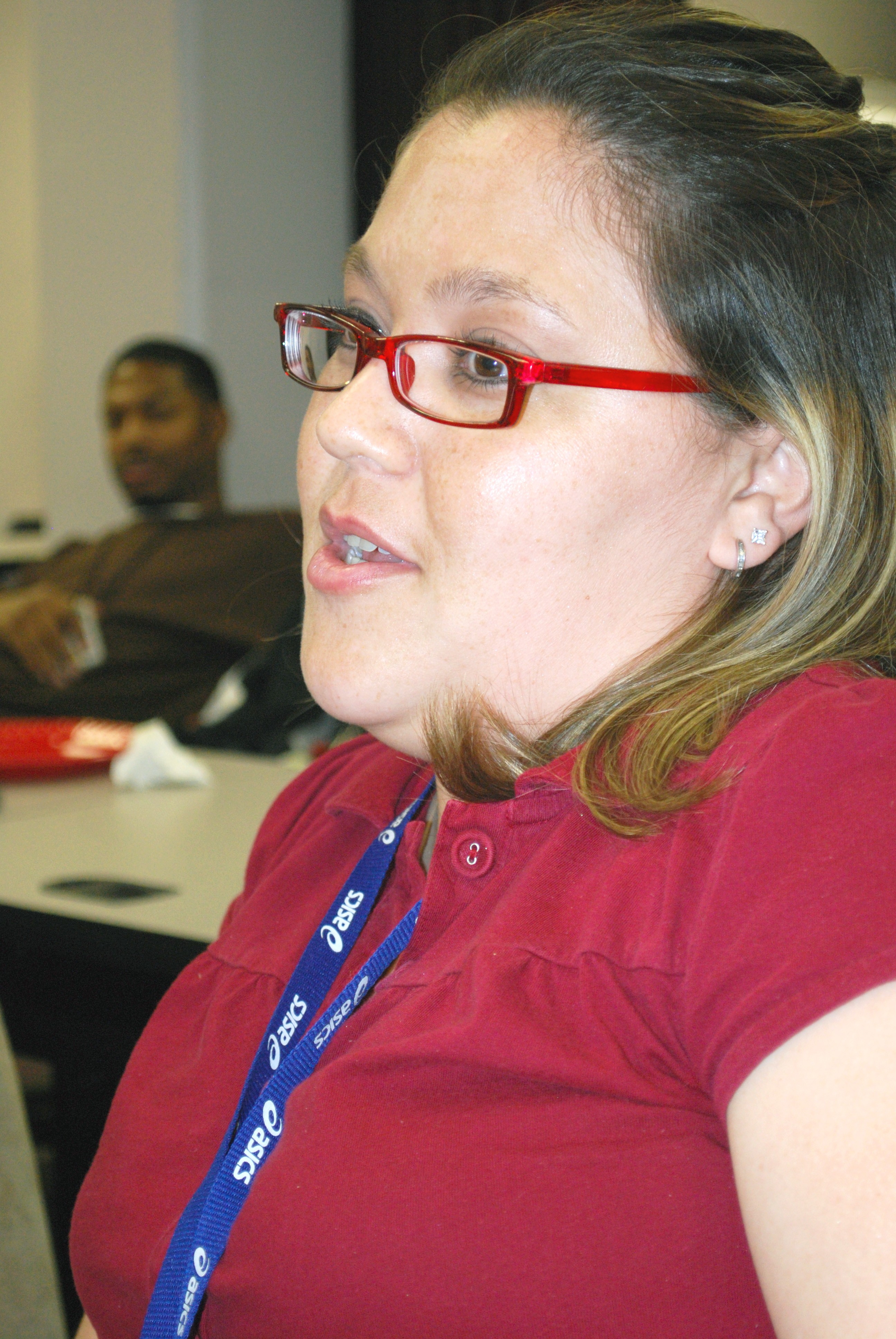

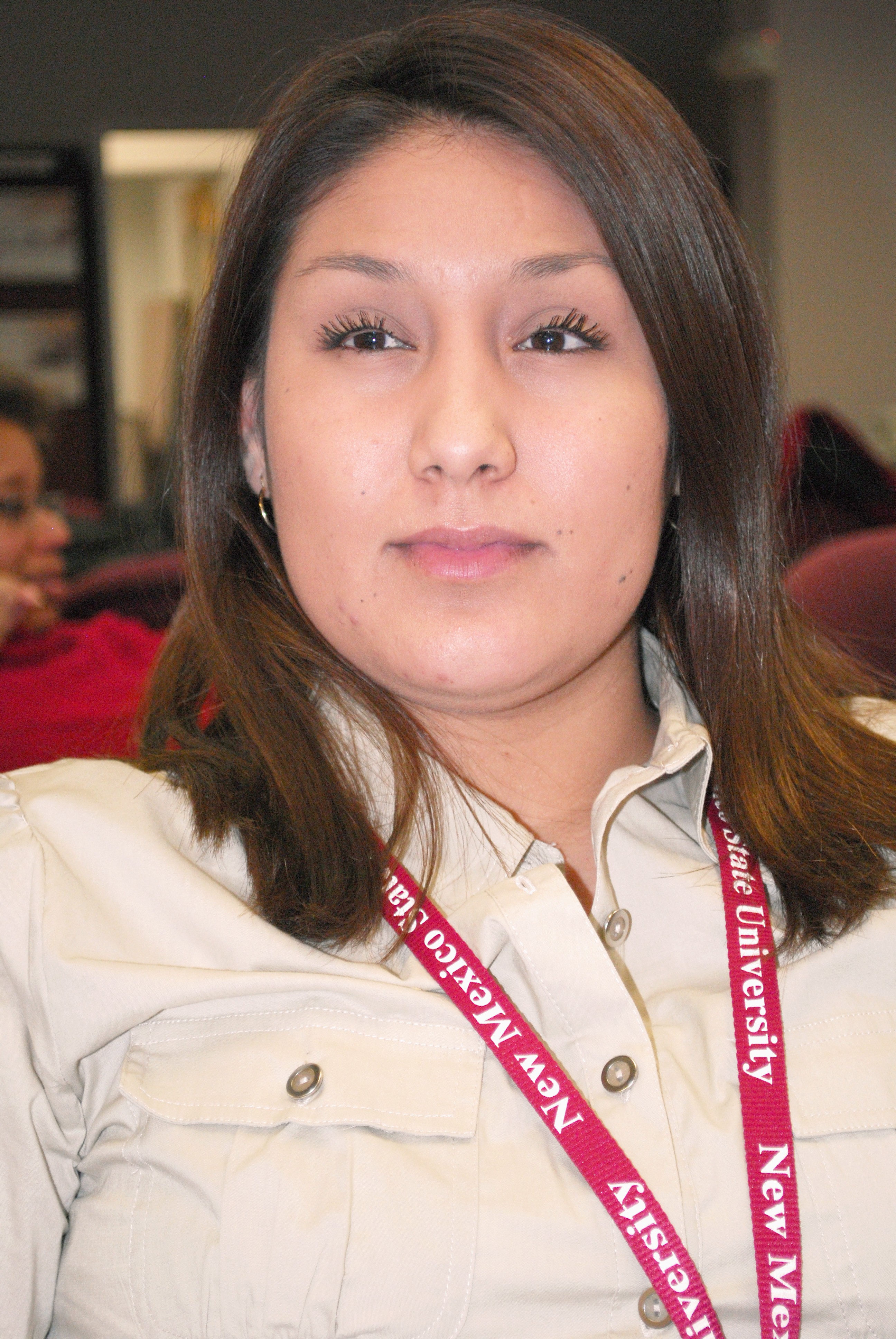
Social Sharing